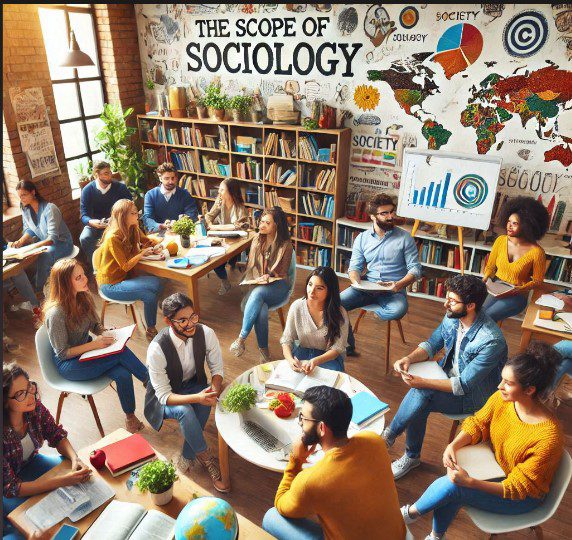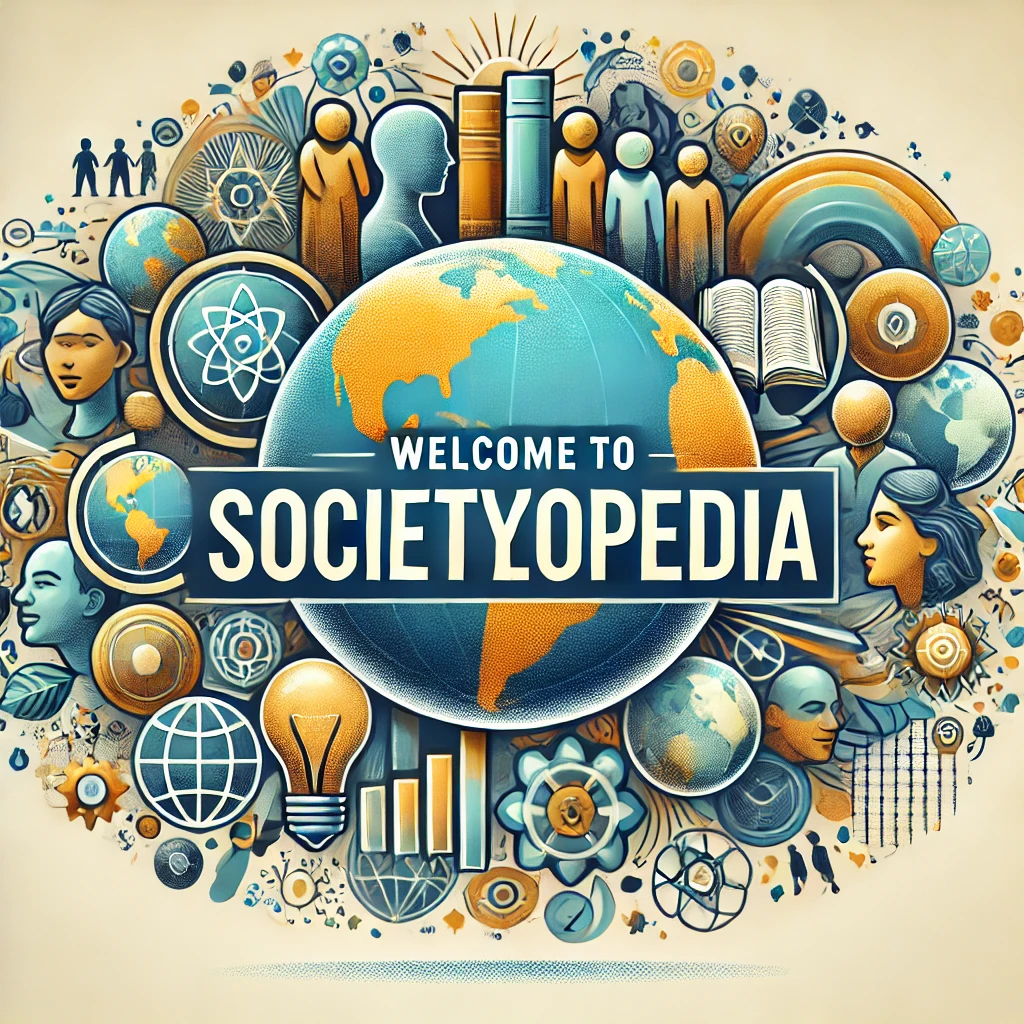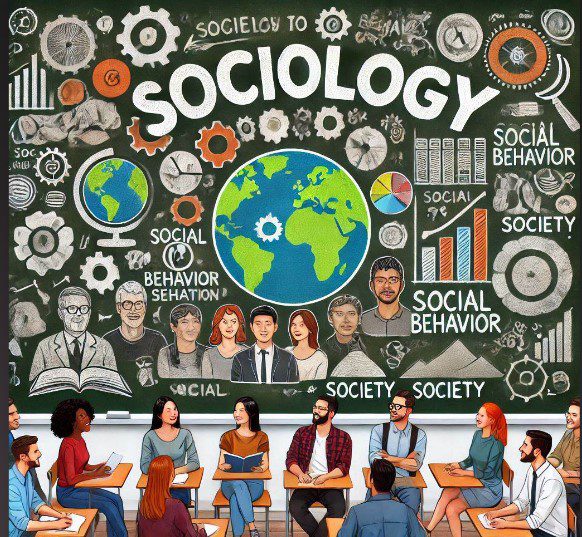Sociology is a broad and dynamic discipline that studies human society, social behavior, and social structures. Its scope encompasses a wide range of topics, themes, and methods, as it seeks to understand how individuals, groups, and institutions interact and influence each other. Below is an overview of the scope of sociology:
1. Study of Social Institutions
- Family: Examines family dynamics, marriage, kinship, and child-rearing practices across cultures.
- Education: Studies the role of schools, teachers, and curricula in shaping society.
- Religion: Explores religious beliefs, practices, and their impact on social norms and values.
- Economy and Politics: Analyzes economic systems, workplace dynamics, governance, power structures, and public policies.
2. Social Processes
- Socialization: Investigates how individuals learn societal norms and values.
- Social Change: Focuses on transformations in society, including revolutions, reforms, and technological advancements.
- Social Interaction: Studies how individuals and groups communicate and build relationships.
- Social Control: Examines the mechanisms that regulate behavior, including laws, norms, and customs.
Best Definitions of of Sociology
3. Social Groups and Communities
- Groups: Studies small and large groups, such as families, peer groups, and organizations.
- Communities: Explores rural, urban, and virtual communities and their unique characteristics.
- Minorities: Investigates marginalized groups, their challenges, and strategies for inclusion.
4. Social Stratification
- Examines systems of inequality based on class, caste, race, gender, and ethnicity.
- Analyzes access to resources like education, wealth, and healthcare.
- Explores concepts such as poverty, privilege, and social mobility.
5. Cultural Studies
- Culture: Studies symbols, language, rituals, and traditions.
- Subcultures: Explores groups with distinct lifestyles within a broader culture.
- Globalization: Examines cultural exchange, hybridization, and the effects of global interconnectedness.
6. Social Problems
- Investigates issues like crime, poverty, gender inequality, racism, mental health, and environmental challenges.
- Explores their causes, impacts, and possible solutions.
The Importance of Sociology in Modern Society
7. Applied Sociology
- Uses sociological theories and methods to address real-world problems.
- Engages in policy-making, social work, community development, and corporate consultancy.
8. Interdisciplinary Connections
- Collaborates with anthropology, psychology, political science, economics, history, and more to provide a comprehensive understanding of societal dynamics.
9. Research Methods
- Employs both qualitative and quantitative methods, such as surveys, interviews, participant observation, and statistical analysis, to gather and analyze data.
Conclusion
The scope of sociology is vast and ever-expanding, as it adapts to changes in society and explores emerging issues. It equips individuals with insights to critically analyze social structures, contribute to social justice, and foster an inclusive and equitable society. Also the scope of Sociology vary across different societies. Some societies are friendly towards social sciences, so we can observe broader scope in those societies for Sociology and vice versa.
Societyopedia is a platform that focuses on sharing knowledge and insights about social sciences, with the goal of promoting understanding and awareness about societal dynamics.


